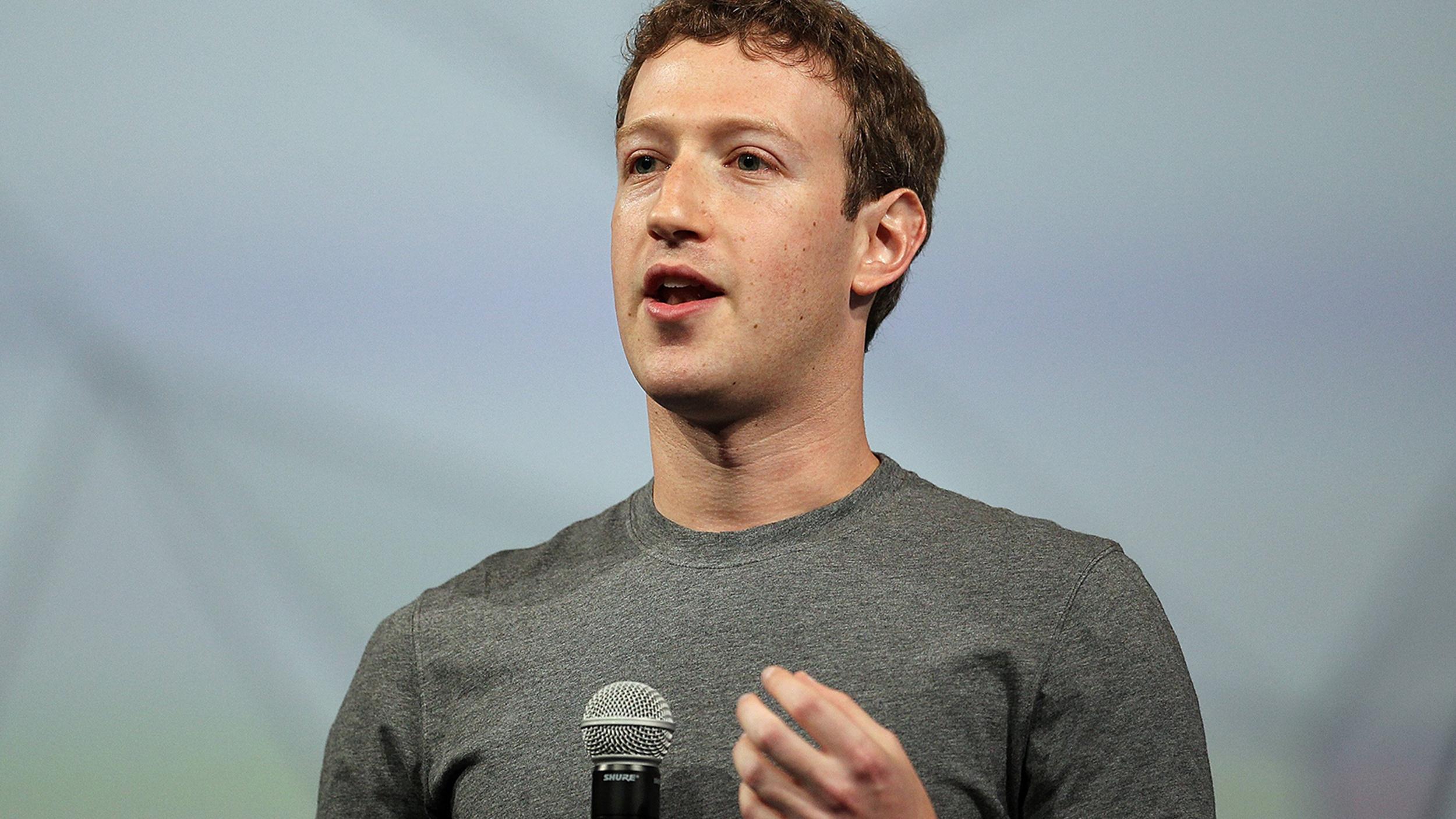Mark Zuckerberg, founder and chief executive officer of Facebook, has promised to make available $3 billion to help scientists cure, prevent or manage all diseases. He said he would bring scientists and engineers together to develop tools that can enable the scientific community to make breakthroughs on the four major human-afflicting disease categories.
The project, according to him will be headed by Cori Bargmann, world-renowned expert in neuroscience and genetics.
Zuckerberg also revealed that Bargmann has joined the Chan Zuckerberg foundation to lead the initiative.
“Priscilla and I have spent the last few years talking to dozens of top scientists and experts who believe it’s possible to cure, prevent or manage all diseases by the end of this century”, he said.
“That doesn’t mean no one will ever get sick, but it does that mean that we’ll get sick a lot less, and that when we do, we’ll always be able to identify and treat the problem, or at least manage it as a non-harmful condition.”
“Throughout history, most scientific breakthroughs have been preceded by the invention of new tools to help us see problems in new ways — like the telescope, the microscope and DNA sequencing.
“It’s not hard to imagine the modern tools required to accelerate breakthroughs in today’s four major disease areas. So we’re going to focus on bringing scientists and engineers together to build these new tools and technologies.
“Our first project is creating the Biohub. We’re investing $600 million in a new research hub to bring scientists and engineers together from Stanford, UCSF, Berkeley, and the world-class engineering team we’re building at the Chan Zuckerberg Initiative, in order to build some of the new tools I mentioned above.
“The science initiative is a long term effort. We plan to invest billions of dollars over decades. But it will take years for these tools to be developed and longer to put them into full use. This is hard and we need to be patient, but it’s important.
“Medicine has only been a modern science for about a century, and we’ve already made incredible progress. Think about that. For thousands of years, we made very little progress. Then we started applying the scientific method to investigating diseases and progress really took off. Since then we’ve eradicated smallpox and are close to eradicating polio. We can prevent meningitis, measles and many forms of influenza with vaccines.
“We discovered antibiotics to treat potentially deadly infections like tuberculosis and pneumonia. We produced insulin to manage diabetes, statins to reduce heart disease, and chemotherapies to treat cancer. We’ve reduced smoking through public education. We’ve even found ways to reduce life-threatening diseases like HIV to conditions we can manage.
“Today, most people die from four kinds of diseases: heart disease (10.8 million, 19.2%), cancer (8.2 million, 14.6%), infectious disease (8.5 million, 15.1%) and neurological disease like stroke (6.8 million, 12.1%). Of the rest, almost half are due to accidents and injuries (5.8 million, 10.3%) or otherwise unrelated to disease (3.1 million, 5.5%).
“We’re going to focus on bringing scientists and engineers together to build new tools that can empower the whole scientific community to make breakthroughs on the four major disease categories. Solving large problems requires finding new ways for scientists and engineers to work together, share data and coordinate.
“Most science funding today goes towards individuals working separately, so there is an open opportunity to fund larger efforts. Engineering has always been key to tool development. Today, this increasingly means software engineering. But the current structure of scientific grants does not encourage big scientific efforts with world-class engineers teams, like the ones you’d find at great technology companies.
“The more people believe we can cure all disease in our children’s lifetimes, the more likely the government is to invest in it, and the more likely we are to achieve this goal. This is a place where we need your help, and we can all make a difference together.
“This is about the future we want for our daughter and children everywhere. If there’s a chance that we can help cure all diseases in our children’s lifetime, then we will do our part. Together, we have a real shot at leaving the world a better place for our children than we found it.”







